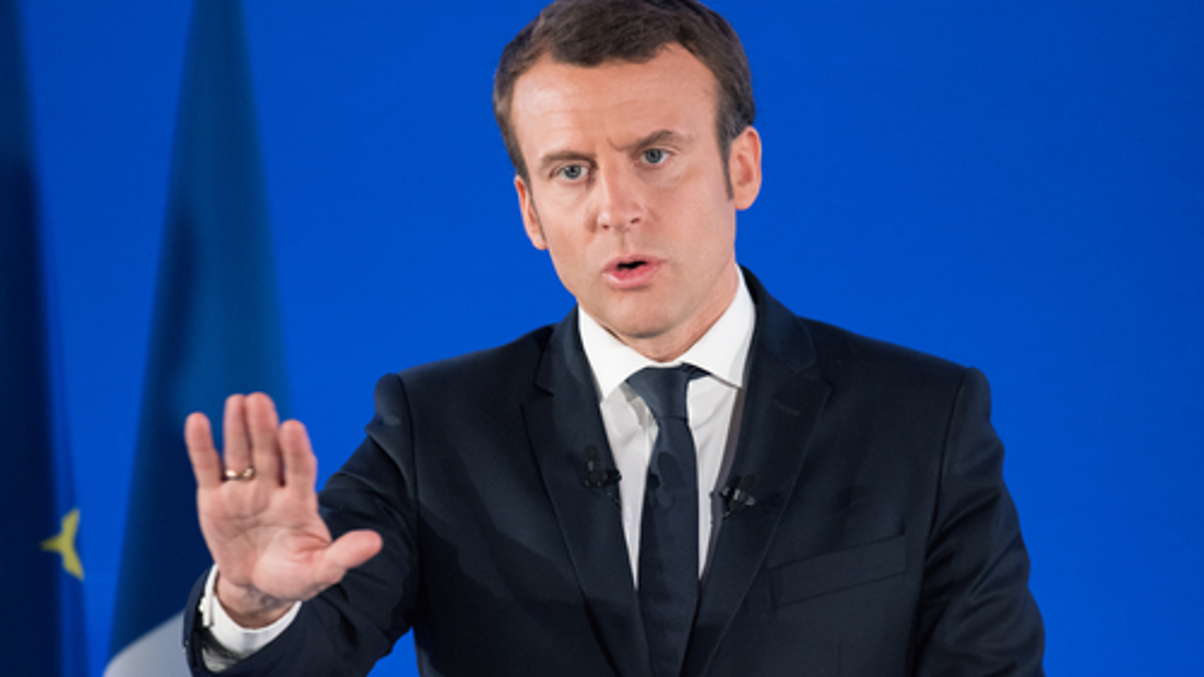Asia, Europe stocks tipped to benefit from a Macron win
Defeat for Marine Le Pen in the French election on Sunday would boost risk appetite generally, say fund managers. But US equities are widely viewed as overvalued.

A win for Emmanuel Macron in the French presidential election on Sunday would cement confidence in Europe’s economic recovery and boost appetite for European and Asian equities, argue portfolio managers.
Sign in to read on!
Registered users get 2 free articles in 30 days.
Subscribers have full unlimited access to AsianInvestor
Not signed up? New users get 2 free articles per month, plus a 7-day unlimited free trial.
¬ Haymarket Media Limited. All rights reserved.


